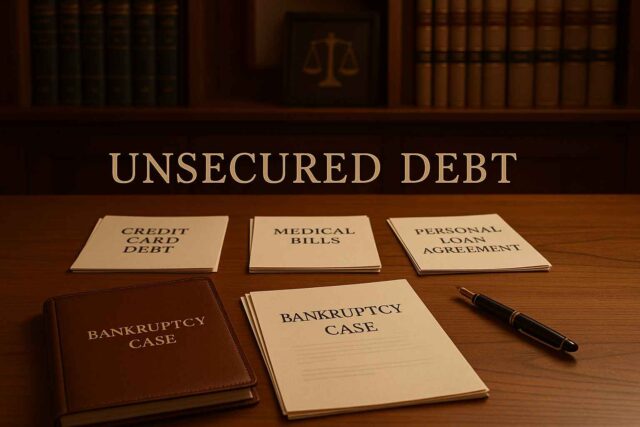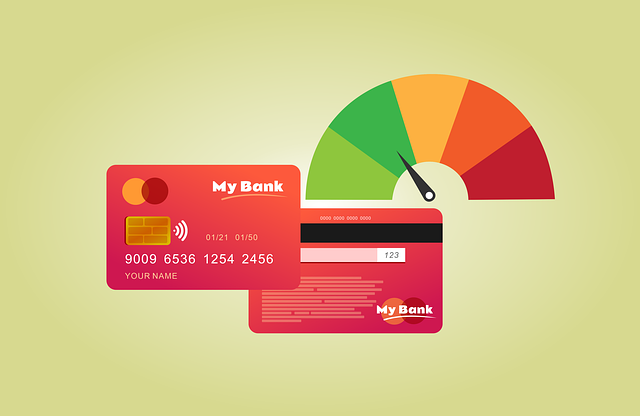Deciding to file for bankruptcy can feel overwhelming. It’s not something most people ever imagine doing, and the thought alone can stir up fear, shame, or confusion. But the truth is, bankruptcy exists for a reason; it is a legal safety net meant to help honest people who have fallen into financial hardship. If you’re struggling to make ends meet and wondering whether bankruptcy might be the right move, you’re not alone. Many Ohioans have asked themselves the same question. The answer often lies in recognizing the signs that your financial situation has become more than just temporary. Read on and reach out to our Columbus, Ohio bankruptcy lawyers to learn more about whether bankruptcy is right for you.
Eight Signs Bankruptcy May Be Right for You
While every person’s financial picture is different, the following signs can help guide your thinking and encourage you to seek professional advice.
- You’re using credit cards to pay for necessities. If you’re consistently relying on credit to buy groceries, pay utilities, or put gas in your car, and you’re unable to pay those balances off, this is a red flag that your income is no longer sufficient to meet basic expenses.
- Debt collectors are calling frequently. Constant calls, letters, and threats from collection agencies can be a major sign that your debt has spiraled out of control. When debt becomes unmanageable, these communications can take a serious toll on your mental health and well-being.
- You’re falling behind on your mortgage or rent. Missing housing payments puts you at risk of foreclosure or eviction. If you’re constantly choosing between paying the rent and paying other bills, you may be in deeper financial trouble than you realize.
- You’ve taken out payday loans or other high-interest debt to stay afloat. These types of loans often lead to a cycle of borrowing that is incredibly difficult to escape. High fees and compounding interest can quickly snowball into a situation that feels impossible to recover from.
- You’re only making minimum payments on credit cards. If you’re unable to pay more than the minimum each month, your balance will barely shrink over time, and interest will keep adding up. This can make your debt grow even if you’re technically “paying” something each month.
- You’re afraid to open your mail or check your bank account. Avoiding your financial reality is often a psychological sign that things are worse than you’re ready to admit. Living in constant fear of bills or overdraft notices is not sustainable.
- Your wages are being garnished. If a creditor has won a judgment against you and is now taking money directly from your paycheck, it’s time to take legal action to protect your income and explore your rights under bankruptcy law.
- You’ve tried debt consolidation or credit counseling, but nothing has worked. These are valid options for many, but if you’ve exhausted them and still can’t keep up, bankruptcy may offer a more complete solution.
Bankruptcy is not about failure. It is about starting over. Both Chapter 7 and Chapter 13 bankruptcy options exist to help people reduce or reorganize their debt. If any of the above signs sound familiar, it may be time to schedule a free consultation with an experienced bankruptcy attorney. Having a legal professional review your situation can give you clarity and peace of mind, as you consider your next steps.
You don’t have to stay stuck. Financial relief may be closer than you think.




